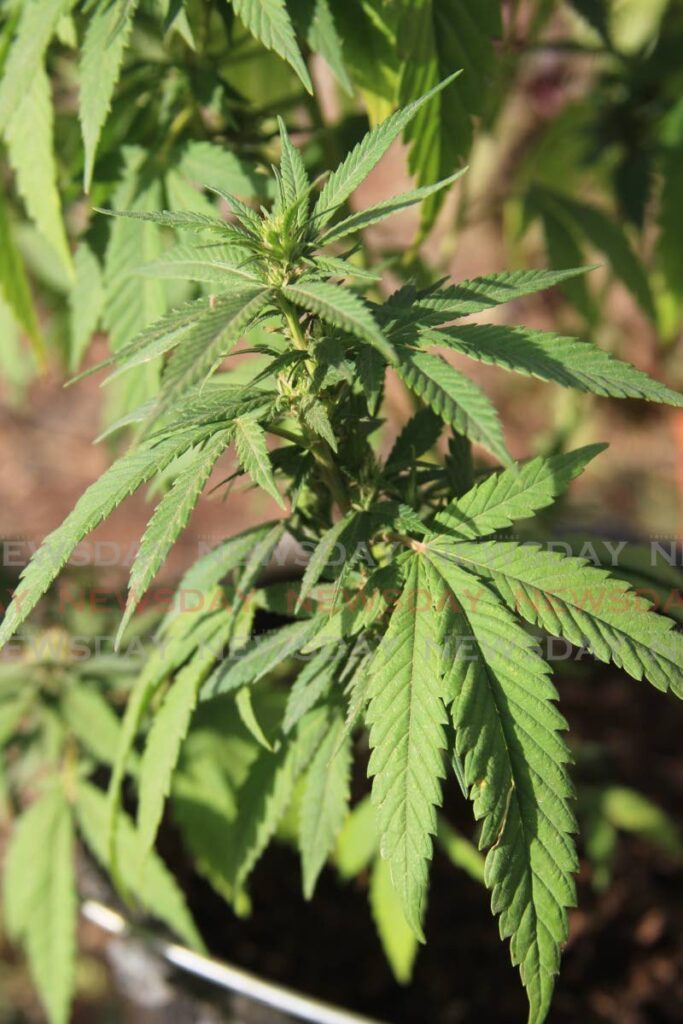Cannabis concerns

University scholars have expressed concerns about the possible mental health impact of cannabis consumption among young people.
The risk for developing schizophrenia among young men between 16 and 20 years-old, according to professor of pharmacology at UWI, St Augustine, Yri Clement, is as high as one in four. Prof Gerard Hutchinson, also speaking at the January 25 panel discussion, worried that children who begin using cannabis before age 14 are likely to use more of the hallucinogenic drug as they get older.
Cannabis is also being shared among children in schools as gummies or brownies, a less threatening way to consume the drug but with all the associated risk.
In February 2020, five students at Chaguanas North Secondary School fell ill after eating marijuana-infused brownies. These concerns must be balanced against the legitimate use of cannabis as allowed under law, which both decriminalised recreational use of the drug while dramatically reducing the number of marijuana-related cases clogging up the lower courts.
The marijuana plant is tremendously useful, but has been effectively demonised because of its most psychoactive ingredient, THC (delta-9-tetrahydrocannabinol). The other well-known ingredient, cannabidiol or CBD, produces no high and is generally beneficial. It is the active ingredient in Epidiolex, the first marijuana derivative approved by the FDA to treat epilepsy.
The Cannabis Control Bill (2020), passed into law in 2022, was a first tentative step that decriminalised the use of small quantities of marijuana (possession is limited to 30 grammes or less) and legitimising its use for medical purposes. At its proclamation, politicians, including the Attorney General and acting national security minister Stuart Young saw the legislation as the first step to creating a commercial, controlled industry based on marijuana cultivation.
Mr Young called for local participation in any cannabis industry to be greater than 30 per cent. But legal commerce hasn't begun in any significant way and home-grown cannabis is not supposed to be sold.
Hanif Benjamin, former chairman of the Children's Authority warned in January 2020 that there needed to be greater education about the consequences of legal marijuana in a home with children. He warned of the dangers of secondhand smoke and the consequences of a normalisation of marijuana use in the home.
In the 2013 National Secondary Schools Survey conducted by NADAPP, more than a quarter of surveyed school-age children were curious about the drug. That number will have increased with more widespread, open use of the drug in households that cultivate even legal quantities. Mr Benjamin's warning remains relevant.
In relaxing legal restrictions on marijuana, a considerable gap in public knowledge about the drug must be filled and appropriate cautions widely understood. The formative child's mind is particularly vulnerable to psychoactive drugs, but the only effective shield is knowledge.

Comments
"Cannabis concerns"